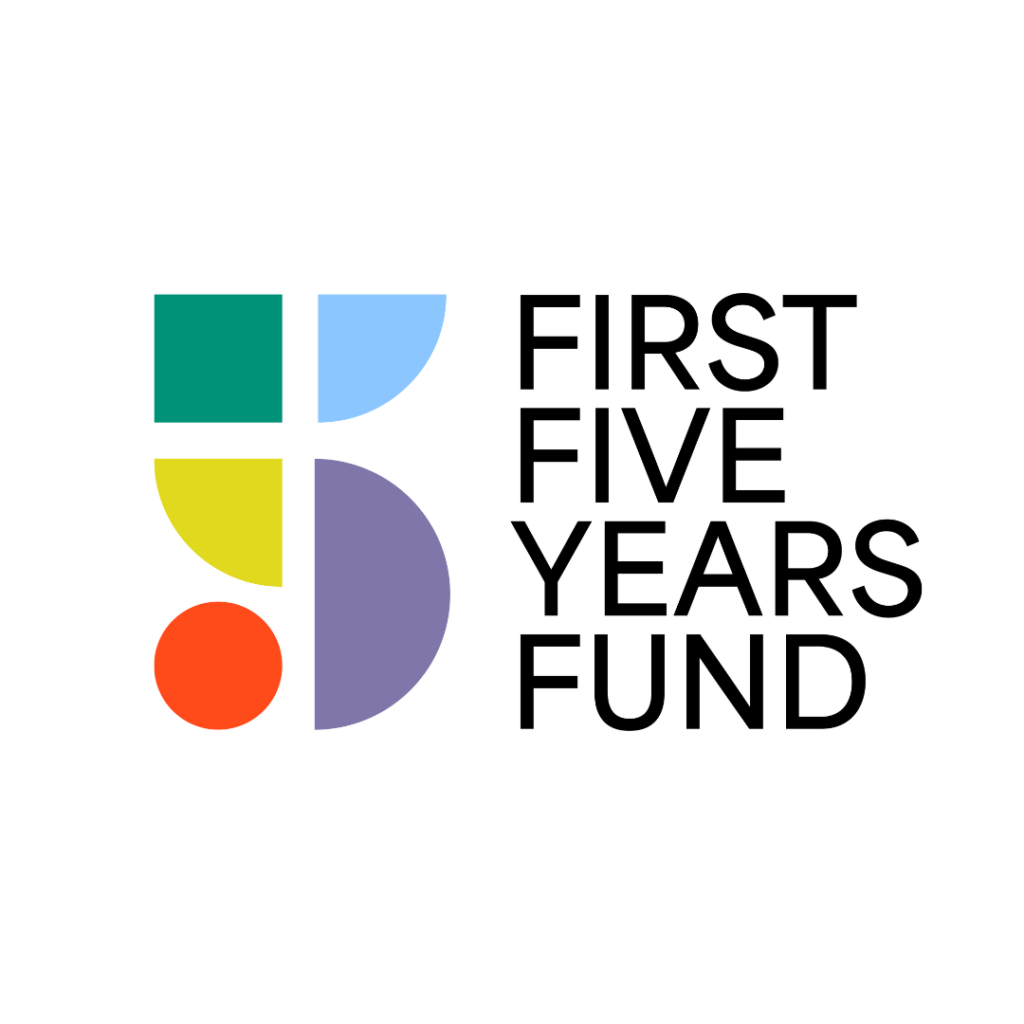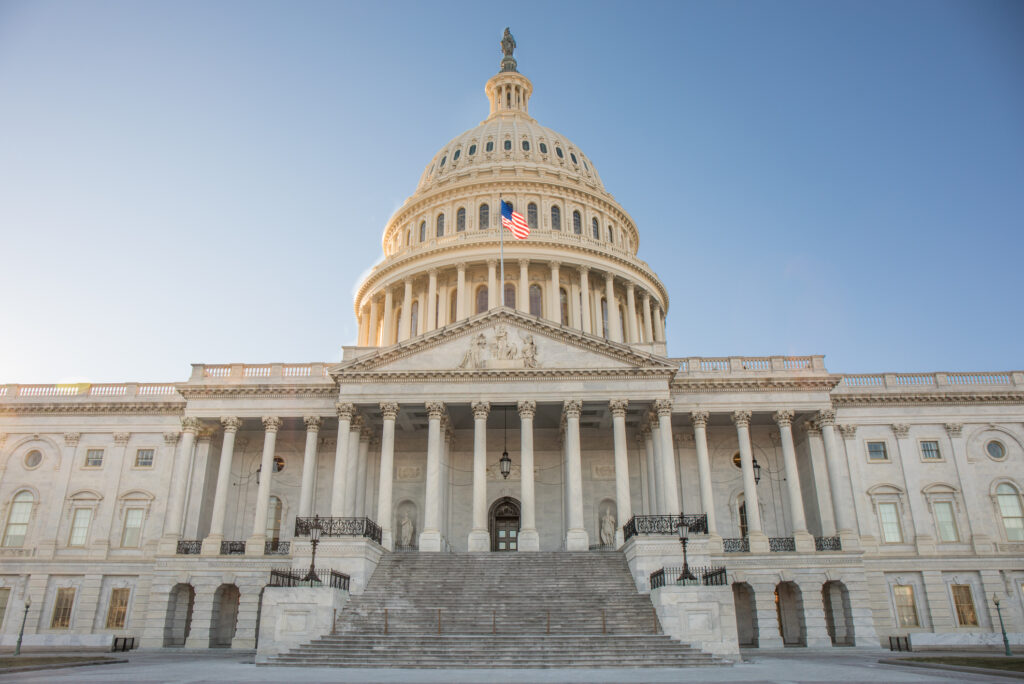STATEMENT: Protect Head Start. End the Shutdown.

As the federal government shutdown enters its third week, families are facing growing uncertainty and financial pressure. We have a clear message to Congress: America’s families need Head Start. End the shutdown immediately and protect this essential program.
If the shutdown continues past November 1st, Head Start grantees in 40+ states and Puerto Rico will not receive their funding, putting tens of thousands of children at risk of losing access to Head Start and the services their families depend on. Without action, the consequences will only get worse.
The Stakes:
- When the federal shutdown began on October 1st, Head Start programs located in 3 states did not receive their operational funding. These programs serve more than 6,000 young children.
- If the shutdown persists, on November 1st, Head Start programs located in 40+ states and Puerto Rico will not receive their operational funding. These programs serve nearly 60,000 children.
- Taken together, this missed funding will impact Head Start programs which work with an estimated 65,000 young children in 40+ states across the nation.
First Five Years Fund Executive Director Sarah Rittling issued the following statement:
“For working families, quality child care isn’t optional. It keeps parents working, children learning, and communities thriving. Employers rely on it for a stable workforce, and children rely on it to build the skills that set the foundation for lifelong success.
It’s time for lawmakers to return to regular order and continue their important work in funding these programs through the Appropriations process. Families need support in finding and affording quality child care. The longer Congress waits to re-open the government, the greater the risk to children, families, and our overall economy. Congress must act now.”
Subscribe to FFYF First Look
Every morning, FFYF reports on the latest child care & early learning news from across the country. Subscribe and take 5 minutes to know what's happening in early childhood education.



